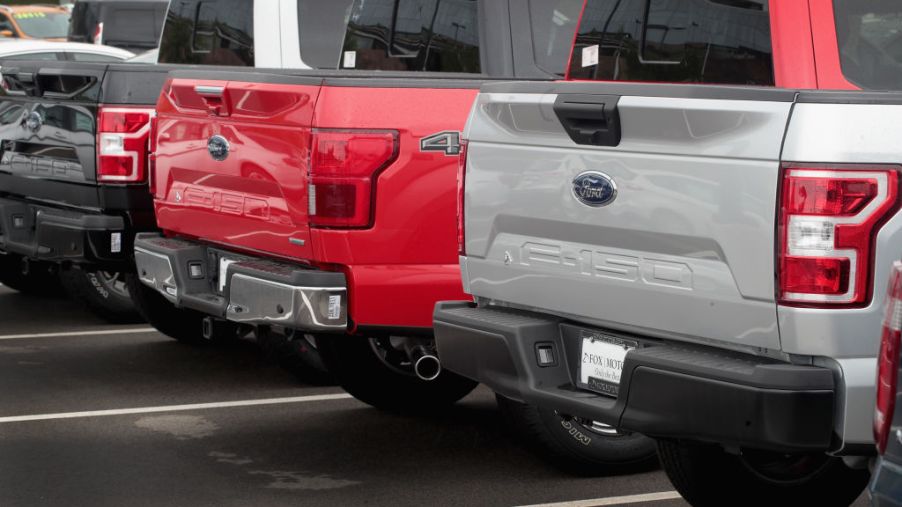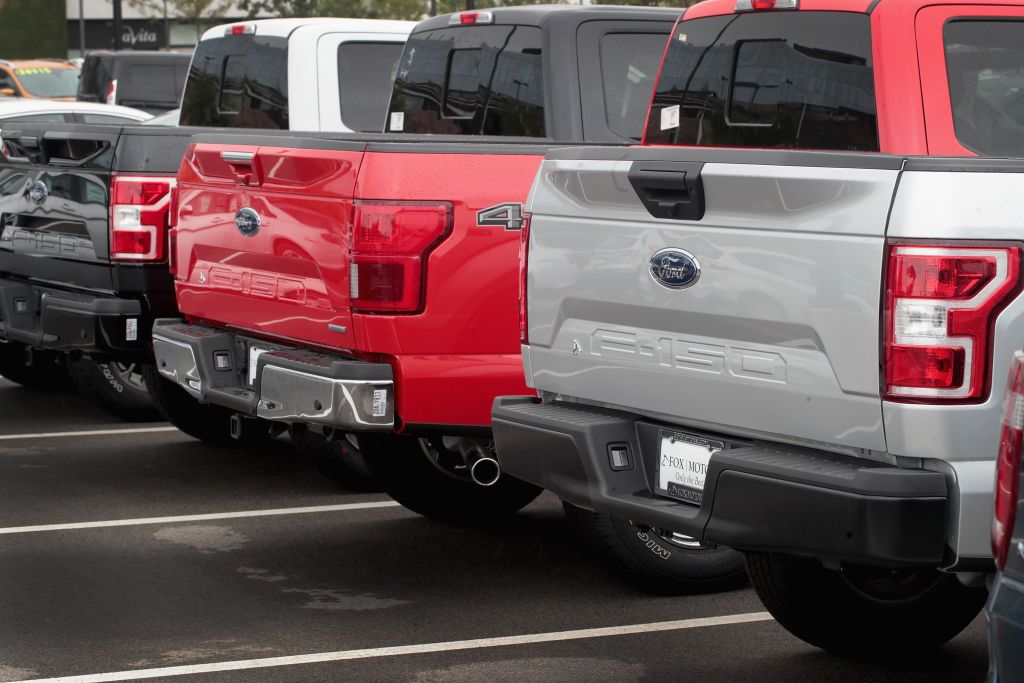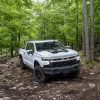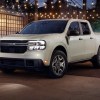
Here are the Only People That Should Actually Own a Full-Size Truck
Full-size pickup trucks are fantastic for work and play. Recent models have also embraced technology, comfort, and luxury, as well. However, full-size trucks aren’t necessarily for everyone. In fact, the mid-size truck market has become the go-to size for many consumers. Today, we’ll look closer at why there’s a shift away from full-size trucks for some, and showcase which people are the only folks who should actually own them.

Payload & people
Mid-size trucks these days are offering to meet the basic needs of many consumers. In payload, referring to the weight of the occupants and a full truck bed, mid-size trucks can handle most average jobs.
For those individuals looking to haul more people, or stuff in the truck bed, a full-size truck makes more sense. If you need to seat multiple family members, a full-size truck will provide more room and comfortable seating with ample legroom.
If you routinely use the bed of your truck for carrying or hauling, you may need the larger sized bed along with increased available payload options. But for most every day uses, a mid-size pickup truck is more than enough.
Towing & working
Anyone with plans to work with their truck should consider a full-size over a mid-size. For city life, with occasional towing jobs, mid-size pickups are perfectly suitable.
But, if you spend four to seven days a week, towing equipment or trailers, you’ll want the beefier ride to manage the loads efficiently for the long-term. Farming, ranching, and construction-related professions all swear by the need for their full-size trucks and heavy-duty options. In truth, these are the only people who really need a full-size truck.
Fuel economy perks
The mid-size truck segment offers most families, looking to predominantly use their trucks as lifestyle vehicles, great fuel economy. It’s a perfect match for those folks looking for economical daily drivers, with added benefits of the truck bed or minor towing capabilities. With four and six-cylinder models available, mid-size trucks are great on gas, as well.
However, those with the need for a full-size truck aren’t having to compromise on fuel economy either. Many models are offering a variety of V6 and V8 engines, with noteworthy 20 mpg for city lifestyle driving and up to 26 mpg on the highway. It makes getting to those worksites more economical on gas.
Pricing & investment
Truck lovers want all the traditional benefits of a truck, but might be more conscientious about only selecting those features and size attributes they actually need. Pricing is a significant factor when purchasing a mid-size truck over a full-size truck.
For many individuals, the smaller models are capable of performing and are typically several thousand dollars less on price. Why spend in excess of $50,000-$60,000 on more than you need?
Full-size truck people who rely on the increased capability for size, work, and lifestyle, however, view that higher price point a little differently. Because many use their trucks for their livelihood, they consider the increase in the purchase price as more of an investment. Not having enough truck to get the job done can be costly, too.
Full-size truck enthusiasts
As mid-size trucks are gaining more in popularity with the masses, there are still plenty of consumers out there who love their full-size workhorses. A full-size truck may not serve any other purpose then to be there should the owners ever have a need to do something big. People are loyal to their brands and their full-size trucks. No mid-size version can compete according to these enthusiasts.
Full-size pickups are impractical for many consumers, and it’s evident as the mid-size truck market is gaining traction. Considering everything you might need to do with your truck, a mid-size model might be the best fit. However, if you need a truck for your work, with increased needs for bed size, hauling, and capacity, a bigger truck is still your best option.


